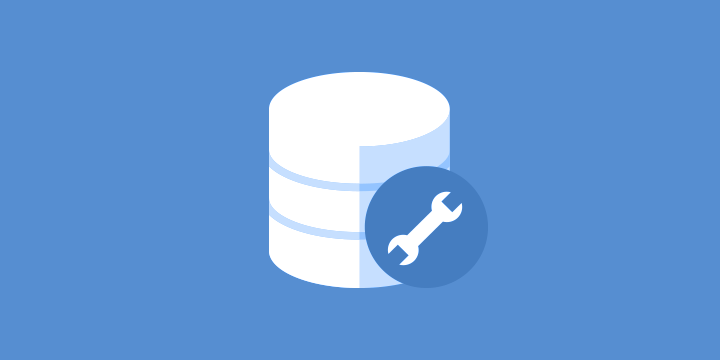Help Scout documentation search with Gravity Forms
Gravity Forms is a tremendously powerful plugin for WordPress and Help Scout is an awesome customer support system that also provides a service for handling documentation. What they miss, however, is a direct connection that allows site owners to provide customers with a way to search the Help Scout documentation before they can submit a support ticket submission form.






